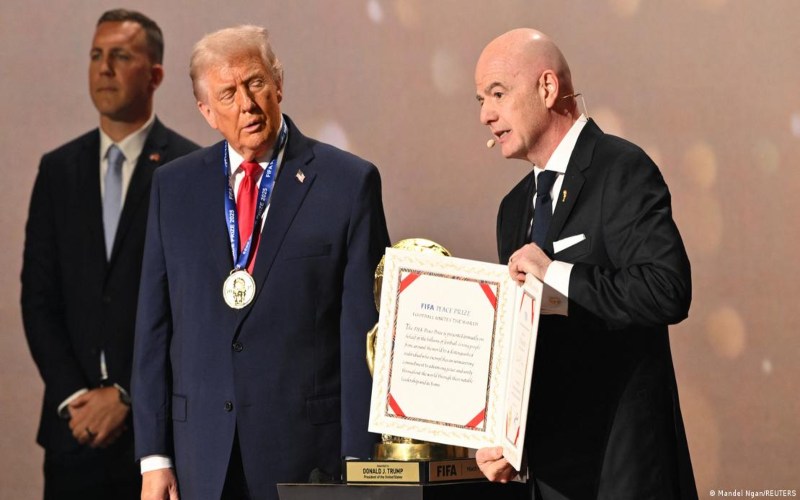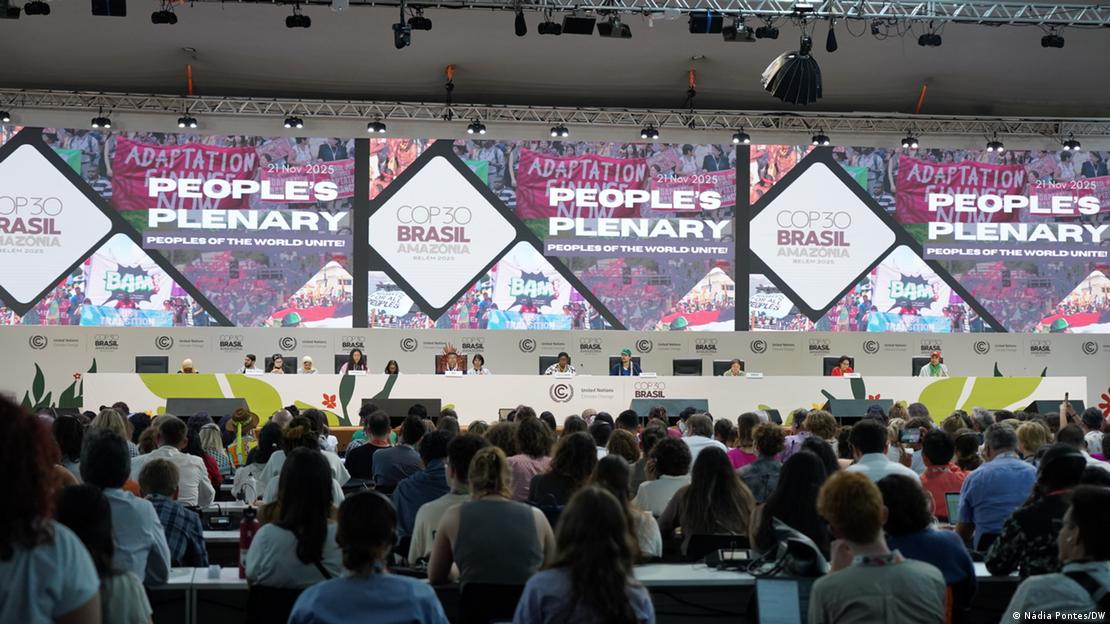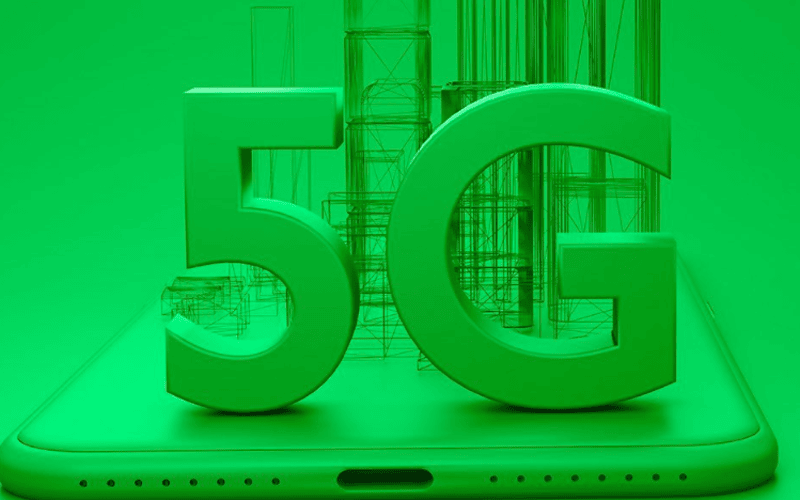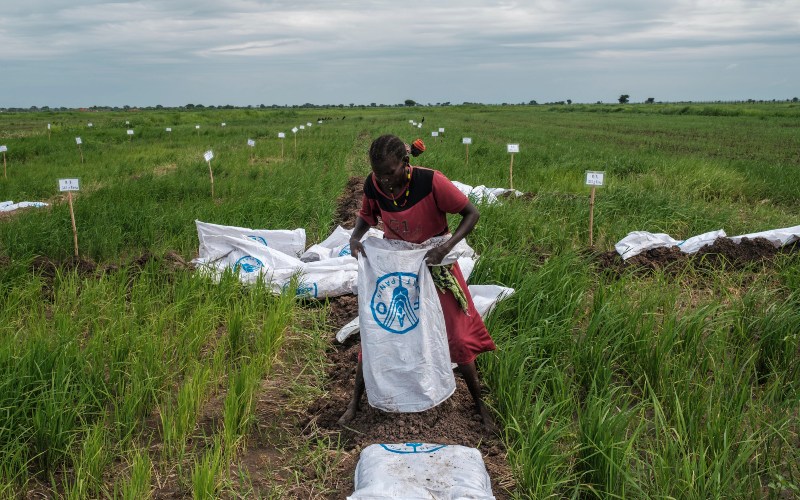How the new Eco Levy will squeeze your shopping basket
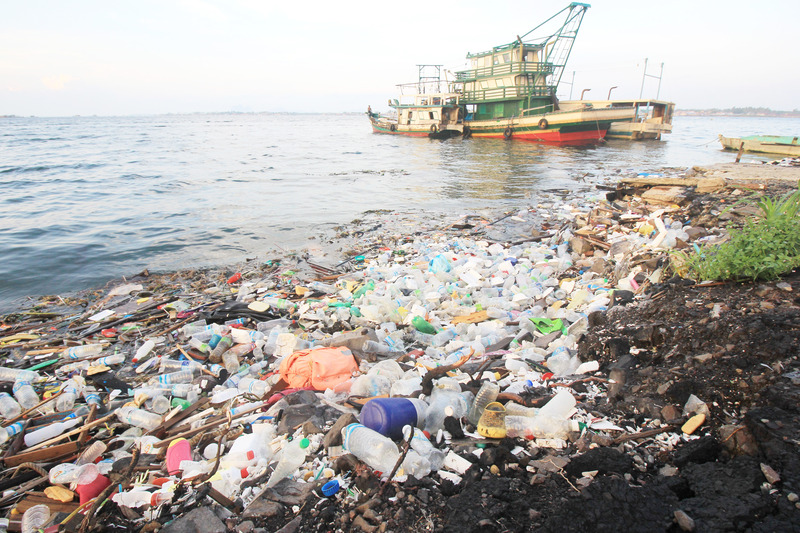
KAM said even as it seeks to curb plastic pollution, the tax will push up prices of commonly used household items
The government, through the Finance Bill 2024, is proposing to introduce a new environment tax, targeting manufacturers and importers of select products in a bid to tame plastic pollution.
Dubbed the Eco Levy, the tax will be levied on certain goods manufactured in Kenya or imported into the country. It applies to various goods, including all plastic packaging materials whose rates are set at Sh150 per kg.
More To Read
- SMEs sound alarm over rising failure rates amid investment gaps
- Truck that overturned in Uasin Gishu was ferrying natural rubber latex to DRC
- CS Kinyanjui: Kenya cannot develop while rejecting all funding options
- Grade 10 textbook supply at risk as Sh11 billion debt stalls printing
- Court bans eucalyptus planting near water sources nationwide
- KAM CEO Tobias Alando warns instability in Tanzania threatens regional trade
For locally manufactured goods, the tax will be due and payable when the goods are removed from the excise stock room, and at the time of entry of the goods into the country, for imports.
The government, through the National Environment Management Authority (NEMA), is targeting to raise over Sh50 billion annually from the levy, and invest it in setting up waste management infrastructure.
The national government also intends to use the funds to finance the country’s sustainable waste management programme and set up material recovery facilities and electronics waste collection centres countrywide.
Questions have arisen over the effects of the new levy, among them being the potential impact on consumers at the bottom of the economic pyramid. Various sector players have noted that the tax could end up squeezing household budgets as a result of manufacturers and importers passing down the burden to consumers.
The Kenya Association of Manufacturers (KAM), in its analysis, said the new tax, even as it seeks to curb plastic pollution, will push up prices of commonly used household commodities that are packaged in plastic products.
The association singled out bread, cooking oil, milk and detergents, which make up the list of the most consumed items.
“If the Bill passes into law, then the price of a 400g loaf of bread could rise by 13.8 per cent from the current average retail price of Sh65 to Sh74,” KAM said.
On the other hand, it projects that the price of one litre of cooking oil could rise by about six per cent, from the current Sh300 to about Sh317. A 500ml packet of milk could increase by about two per cent from Sh55 to Sh56.
Various private sector players have also raised concern over the proposed levy, saying it will additionally hinder access to essential technological equipment, vehicle batteries, diapers and sanitary towels.
Highlighting the impact on vehicle batteries, KAM said the cost of lead acid battery for instance, could increase by about 105 per cent, while the Lithium Ion for motorcycles could rise by about 27 per cent. The cost of the Lithium-Ion solar battery and the Lithium-Ion for buses could rise by 60 and 14 per cent, respectively.
The cost of diapers could also be impacted, with the cost of one piece projected to rise by about 28 per cent, from Sh20 to Sh26. A jumbo pack’s cost, containing approximately 40 pieces, could rise by about 30 per cent, from the current price of Sh750 to Sh971.
The debate on the new eco levy has also raised questions on double taxation, as private sector players raise concern over the similarities between the proposed levy and the Extended Producer Responsibility (EPR).
However, while speaking at a private sector workshop late last month, Ayub Macharia, the director of Environmental Compliance at NEMA, clarified the differences between EPR and the eco levy.
He said the EPR caters for the post-consumer aspect of waste management to ensure that the waste is collected and transported appropriately to the recyclers, incinerators or to landfills.
“The collection aspect also involves appropriate compensation for the waste pickers and aggregators,” he said.
“It is common knowledge, however, that even the best recycling processes leave some residue behind which needs to be disposed of, normally in facilities (landfills) managed by the county governments. Hence, at the end of the waste management process, the government is still left with the burden of residual waste. This is the thinking that motivated the imposition of the eco levy.”
He further noted that the eco levy picks from where EPR stops, and will be used for putting up infrastructure and deploying research and technology to manage the residual waste which is destined for disposal by the EPR schemes.
“In addition, the country has suffered from problematic waste which lies in our dumpsites. This existing or legacy waste needs to be managed so that it doesn't continue polluting the environment.”
Producers have also been encouraged to redesign their products and adopt business models that use highly recyclable materials to increase the value of waste recovery at the post-consumer stage, benefiting informal waste pickers and the environment.
Data show that an estimated 92 per cent of Kenya's plastic is mismanaged and only seven per cent of plastic is recycled, resulting in 37 kilotons of plastic waste leaking into the environment and ocean each year.
Before you go, how about joining our vibrant TikTok and YouTube communities for exciting video stories?
Top Stories Today

